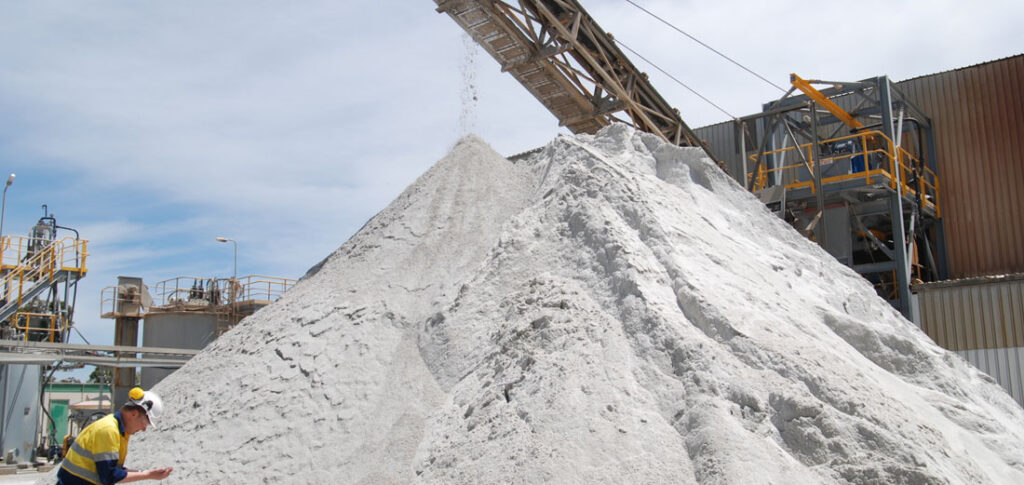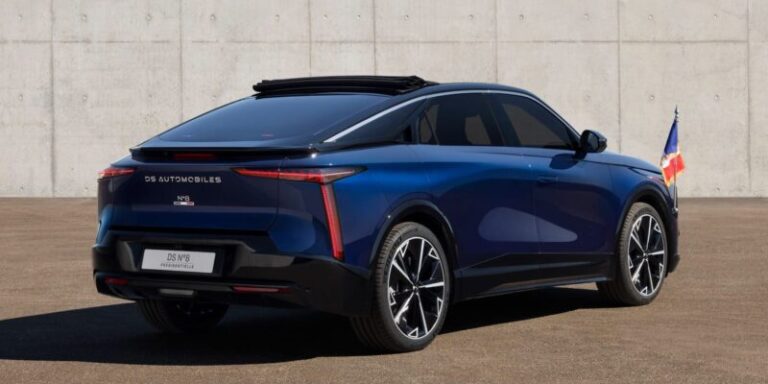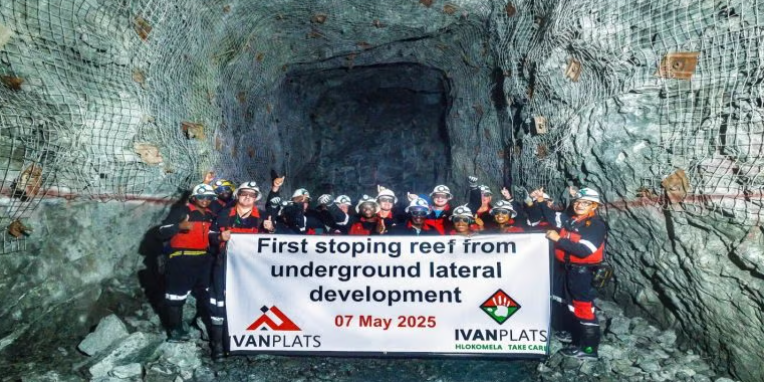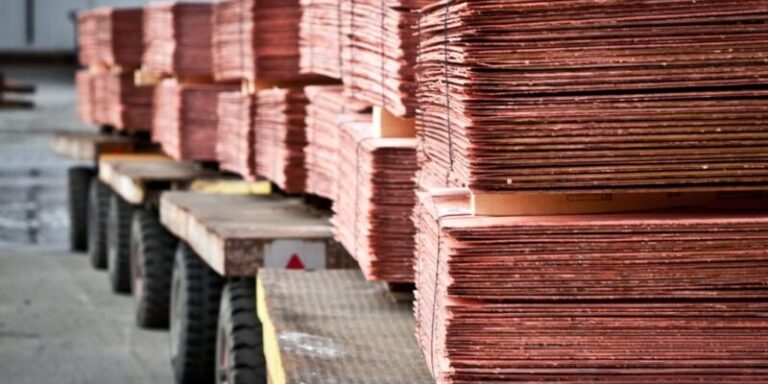
Chile’s government announced a robust response from private firms interested in lithium deals, potentially surpassing its target of three to four new projects by the end of 2026.
According to Mining Minister Aurora Williams, the government received 88 proposals for lithium development, involving 54 companies and groups.
Nearly 60 proposals are from Chilean entities, with others originating from Canada (11), Australia (4), the US (3), and China (2). The identities of the applicants have not been disclosed.
“The outcome of this process far exceeds our expectations and opens up new areas for lithium exploration,” said Finance Minister Mario Marcel.
He emphasized that the government’s strategy aims to boost production without resorting to nationalization, as some had feared.
Despite a recent dip in electric vehicle demand affecting lithium prices, Chile remains optimistic. With the world’s largest lithium reserves, the country hopes investors will focus on long-term prospects, especially as global efforts to diversify supply chains away from China gain traction.
Sixty percent of the proposed projects are concentrated in 16 salt flats, with over 80% considering direct lithium extraction technology to minimize water usage.
Next steps involve initiating consultations with indigenous communities and determining the criteria for awarding contracts. President Gabriel Boric’s administration aims to reverse Chile’s declining share of the global lithium market, currently dominated by two operations in a single salt flat.
The government’s strategy divides potential projects into three categories: strategic areas where state control is paramount, partnerships with state-owned firms in designated salt flats, and fully privatized ventures where companies have full autonomy over operations.





